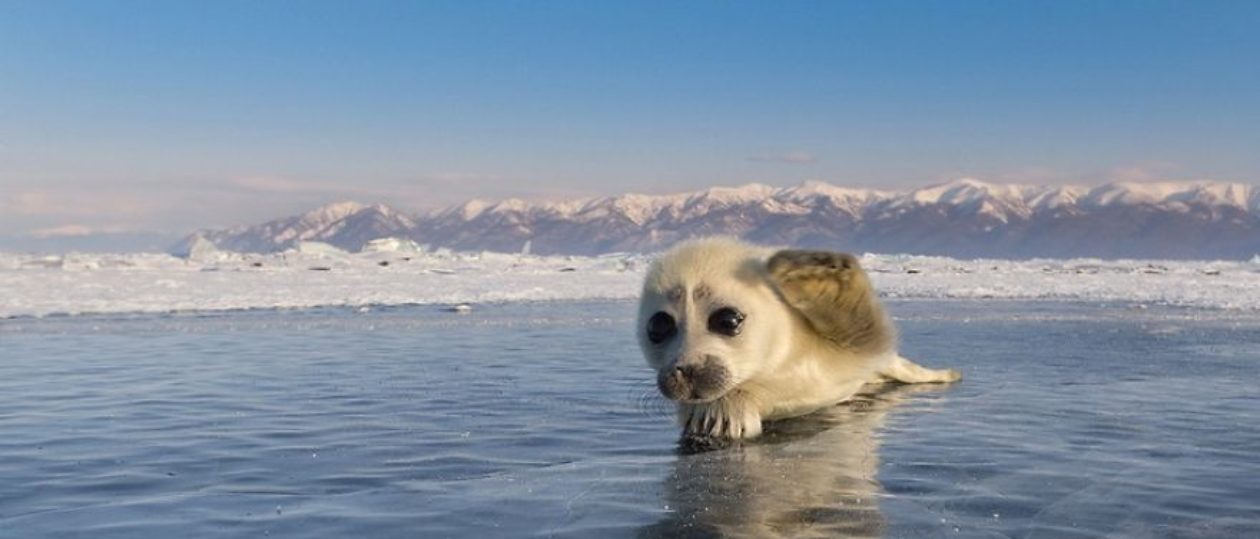
I write this blog while scorching wildfires race through eastern and western Canada. Honestly, my heart is quite heavy and I fear greatly for our precious, livable planet. The fires are out of control and over 9.4 million acres have already burned. The fires affect countless people, pets, and wild animals. The smoke from the fires is so bad it has reached down to New York, NJ, and Washington DC. Air quality levels have been frightening and New York City ranked among the worst cities in the world. People have been told to stay at home and schools are conducting remote classes. As I think about all of the animals inhaling smoke who can’t shut themselves in an enclosed space with air purifiers, I shudder. I wonder about the animals in Canada literally fleeing the fires and dying. I had to bury two dead birds that I found lying on my lawn. When will we end this chaos? When will we all wake up and drastically cut our carbon footprints and change our ways of life? This matter is so urgent and time is of the essence. Please, we must WAKE UP!!! We must make different choices. It is truly a matter of life and death.
@climatereality
@gretathunberg







